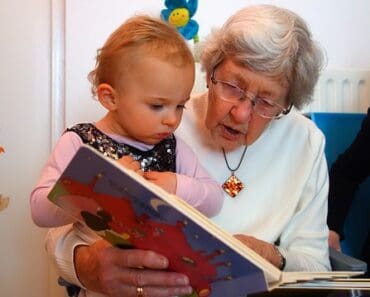
What are signs of speech delay? Speech development is an important milestone for children. Children of the same age group should have a vocabulary of 200 to 1,000 words. If a child is not speaking or making small sentences by age two, it may indicate a speech delay. In these cases, a speech-language pathologist should be consulted to identify the cause of the delay. If you have any concerns, please contact us today.
Parents should visit their pediatrician if they notice that their child is not meeting milestones. Your pediatrician can perform an evaluation and refer you to a speech pathologist for further testing. The child’s behavior may also indicate speech delays. Children who have difficulties articulating words may slur words or leave out the beginning sound of a word. Speech therapy may also be necessary if the child is showing signs of a speech delay.
Some of the early signs of speech delay include slow speech and lack of interest in playing with other children. Children with speech delays may seem inattentive, not interested in classroom activities or playing with other children. If the child does not use words, frustration can manifest in violent behavior, biting, hitting, or other behaviors. Even older children may be showing signs of speech delay. If these behaviors persist, you should see a speech pathologist to diagnose the problem.
Speech development is exciting for parents. Parents anticipate important milestones, like the first words that they can say. Babbling and smiling are common at 2 months and three months. Babbling and other vocalizations develop as the child grows older. At eight to ten months of age, children respond to their name by turning their heads or pointing to a specific object. Similarly, children start to respond to other adults’ names by turning their heads.
Other signs of speech delay include problems with feeding and oral-motor development. Some children may not be able to understand language or communicate in full sentences, but a delayed speech is indicative of a more severe condition. A delay in either of these two areas can result in hearing loss or deafness. It is important to discuss any concerns with a health professional. If you suspect your child may have a speech delay, he or she should be referred to a pediatrician or a speech pathologist.
A child with a delayed speech might act out to try to get attention from you. Oftentimes, this behavior will result in a child acting out in an effort to get your attention. Instead of responding to the child’s gestures, try reading books to them or talking to him or her. Be sure to praise them when they speak, even if it takes him a little longer to say words. You’ll be surprised by how much progress your child will make in a few months.
Another symptom of speech delay is autistic disorders. Typically, speech delays in children with autism are more obvious than in those without the condition. In fact, autistic children with speech delays may exhibit other communication problems such as not responding to names and a lack of interest in connecting with others. Nevertheless, speech delays are not always due to autistic disorders. Nonetheless, it’s important to get your child evaluated for speech delays and start therapy as soon as possible.






